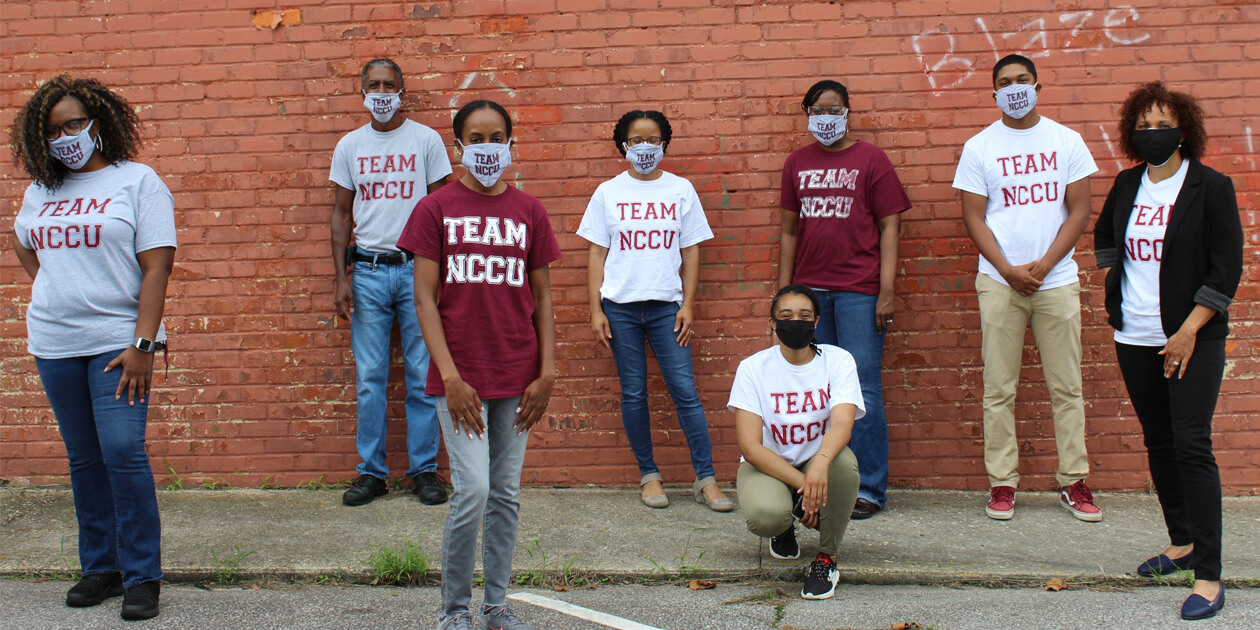Conversation with Dr. Francine Gachupin, University of Arizona
NIMHD’s Conversations with Researchers Advancing Health Equity
November is Native American Heritage Month. As we celebrate the significant contributions to America—from its history through present day—by people who represent Native communities, we recognize researchers who are promoting health equity through their work to advance the science of minority health and health disparities.


